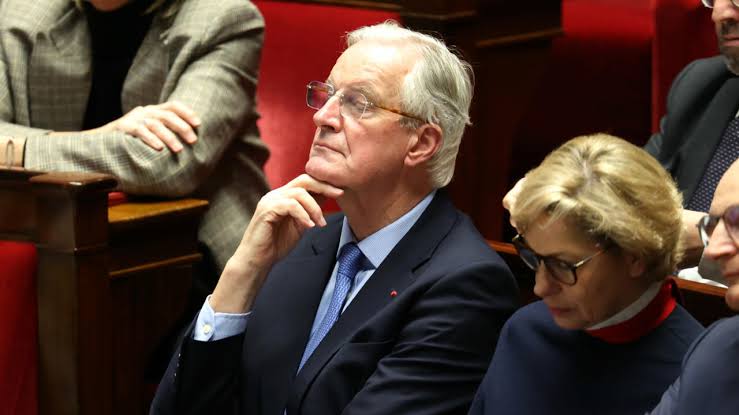The French government has collapsed following a no-confidence vote that resulted in the ousting of Prime Minister Michel Barnier. This significant political event marks the first successful no-confidence vote in France since 1962, highlighting the ongoing instability within the country’s political landscape.
The motion to remove Barnier was overwhelmingly supported, with 331 lawmakers voting in favor, surpassing the 288 votes required for the motion to pass. This vote occurred just three months after Barnier was appointed by President Emmanuel Macron.
The no-confidence motion was initiated by opposition parties, including the left-wing New Popular Front and the far-right National Rally, in response to Barnier’s controversial use of special powers to push through a budget without parliamentary approval. This budget included significant deficit reduction measures amounting to €60 billion.
Barnier is expected to resign formally, although he may remain in a caretaker role until a new prime minister is appointed. The collapse of his government exacerbates the political deadlock in France, where no single party holds a majority in the National Assembly following the snap elections earlier this year.
President Macron, who is not directly affected by the vote, is anticipated to address the nation soon. He has ruled out resigning and is expected to swiftly appoint a new prime minister to avoid further governmental instability, especially with significant events, such as the reopening of Notre-Dame Cathedral, on the horizon.
This political crisis underscores the challenges facing Macron’s administration as it navigates a fragmented parliament and rising public discontent.












